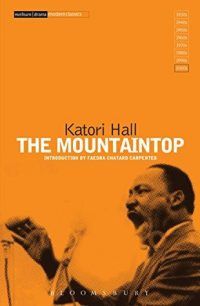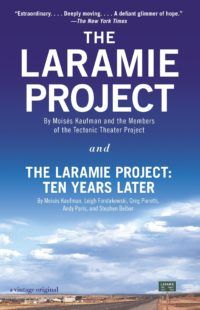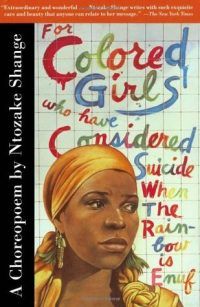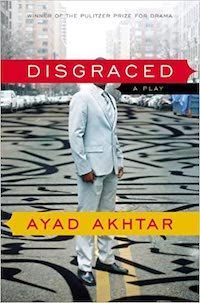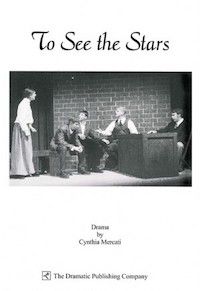Content Warning: These plays discuss heavy topics (murder, homophobia, suicide, rape, violence, xenophobia) that may be upsetting for some readers. Please be aware and read with caution.
8 Plays About Social Justice
The Mountaintop by Katori Hall
The Mountaintop is a fictionalized version of the night before Martin Luther King Jr. was assassinated. In his room at the Lorraine Hotel in Memphis, Dr. King is brought a cup of coffee by a hotel maid, Camae. Their conversation is a quiet look into the ordinary humanity of Dr. King and those who follow in his footsteps.
The Laramie Project by Moisés Kaufman and The Tectonic Theatre Project
For one and half years after the murder of gay college student Matthew Shepherd, playwright Kaufman and his company interviewed residents of Laramie, Wyoming. Shepherd’s real friends and family were involved in the project, with eight actors playing over 60 characters. The resulting project culminated in the initial performance of The Laramie Project, as an effort to help the community heal and reflect. The Laramie Project continues to be an important piece of theatre and eventually led to a sequel The Laramie Project: Ten Years Later.
For Colored Girls Who Have Considered Suicide When The Rainbow is Enuf by Ntozake Shange
First produced in 1975, For Colored Girls is a series of “choreopoems”, monologues set to music and dance, about the issues that African American women face. Anonymous women, known only by the colors they wear: yellow, red, blue, brown, and orange, share their experiences of diaspora, racism, violence, rape, and violence. Using vernacular speech patterns and spelling, Shange incorporates rhythm to create a sense of community between the poems and women.
Colossal by Andrew Hinderake
After a spinal cord injury, a star football player struggles to move forward with his life. Colossal asks questions about masculinity, violence, disability, and love. The play is divided into the 15 minute quarters of a football game, and features full choreography, a drum line, and a halftime show.
Disgraced by Ayad Akhtar
At a dinner party, lawyer Amir and his wife Emily find themselves at odds with friends of different backgrounds. During the dinner, it is revealed that Amir’s colleague made partner over Amir, possibly because of Amir’s involvement in a religious Muslim’s case. The tension continues to rise as more secrets are revealed, disclosing the damage underneath.
Pipeline by Dominique Morisseau
Inspired by the “school-to-prison” pipeline that traps people of color, Morrisseau explores an inner city school through mother and high school teacher Nya. When Nya’s son, Omari, is threatened with expulsion from private school, Nya must confront the systems that continue to disproportionately affect students of color.
Luz by Catherine Filloux
Luz explores gender violence on a global scale. From tent cities to a garbage dump and toxic oil spills, three survivors of targeted violence work with a human rights lawyer search for hope in the in-between places. Tender yet volatile, Luz attempts to find the meeting place of corporate law practice and humanity.
To See The Stars by Cynthia Mercati
Based on the 1909 Shirtwaist Strike, To See The Stars is about sisterhood and courage. Teenage factory girls, primarily Jewish and Italian immigrants, face poor conditions, low pay, and xenophobia. Hoping for better lives, the girls strike. They face beatings, starvation, and prison, but never give up hope. Theatre as a living art form is constantly adapting, to provide commentary on current events and society. Some theatre companies work with rehabilitation programs to create pieces that resonate with specific groups. These pieces may not be performed for the public, but are never the less healing and necessary pieces of art. To find out more about theatre literature, read up in our plays archives.


